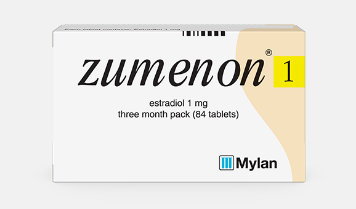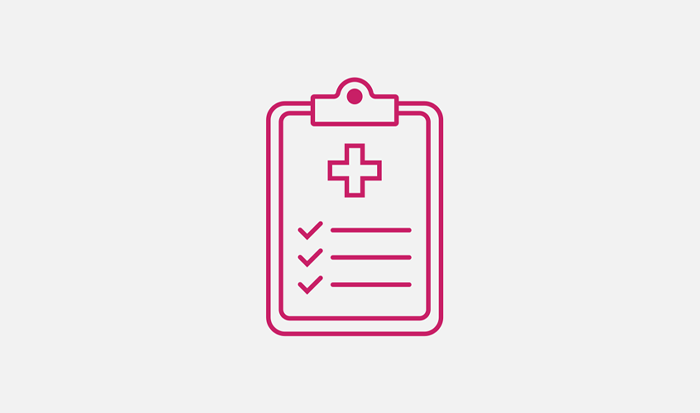Why do women gain weight around the time of the menopause?
The prevalence of obesity is increasing globally. Weight gain is a major health concern for women aged 55-65 years.1
What do we have in common?
We all go our own way.
Pathophysiology of body fat changes at menopause
During menopause, hormonal changes are associated with alterations to a woman’s body fat distribution, rather than an absolute increase in weight.2
The body fat distribution changes from a gynoid pattern to an android pattern. This is affected by a decline in estrogen levels and a relative increase in the androgen-to-estrogen ratio.3
Postmenopausal women have increased central abdominal fat and resultant higher waist circumference. This may correlate to an increased cardiovascular disease risk and dyslipidaemia.2
Factors affecting midlife weight gain
Weight gain does occur at midlife, but is a result of age and environmental factors rather than the menopause per se.1,2 A decrease in physical activity is also reported in some menopausal women. Reduction of lean tissue mass can also result in a decrease in the resting metabolic rate. In addition, dietary habits might also change during menopause. These factors result in positive energy balance and weight gain around the time of the menopause.3
Consequences of obesity
Obesity is a major risk factor for diabetes and cardiovascular complications (e.g. coronary heart disease, stroke and myocardial infarction), musculoskeletal disorders (e.g. osteoarthritis) and also certain type of cancers (e.g. endometrial and breast cancers).1
Obesity can lead to adverse psychosocial consequences, affecting a woman's mood, self-esteem, physical ability and social functioning. Obesity can have a negative impact on the overall quality of life.1
Management of midlife weight gain
Weight loss is advised in obese menopausal women as it is beneficial for the reduction of visceral adiposity and the associated health risk factors. Weight gain during midlife can be managed with behavioural strategies such as counselling the woman regarding dietary habits and importance of regular physical exercise. However, menopause weight loss should be undertaken with caution as it may exacerbate the reduction in lean body mass in menopausal women. In addition, weight loss can cause reduction of bone mineral density in menopausal women who can be at an increased risk for osteoporosis.1
Weight management and preventing weight gain is important to the overall care of postmenopausal women. This is primarily achieved through promoting a healthy diet and exercise. Contrary to widespread belief, menopausal hormone therapy is not associated with weight gain and may ameliorate some of the increases in central abdominal fat of perimenopausal women.2
-
References
- 1) Davis SR, Castelo-Branco C, Chedraui P et al; the Writing Group of the International Menopause Society for World Menopause Day 2012. Understanding weight gain at menopause. Climacteric. 2012 Oct;15:419-29.
- 2) Baber RJ, Panay N, Fenton AT. 2016 IMS Recommendations on women’s midlife health and menopause hormone therapy. Climacteric. 2016 Apr;19(2):109-50.
- 3) Lovejoy JC. The menopause and obesity. Prim Care Clin Office Pract. 2003 Jun;30:317-25.

Zumenon®
Zumenon® is indicated for estrogen deficiency symptoms in postmenopausal women at least 6 months since last menses.

HRT TREATMENT NAVIGATOR
An interactive tool to help tailor individual therapy using the Viatris broad portfolio of HRT treatment options. Answer 2-6 simple questions to get an option now.
HCP Disclaimer
This website is intended for UK healthcare professionals only.
Viatris Connect is an online platform for UK healthcare professionals.
Across the website you will find news, blogs and product information.
FREE Menopause and HRT webinars available to watch by registering to Viatris Connect today
Please note that the website contains promotional and non-promotional material including educational content and resources to help you and your patients.
REGISTER NOW




